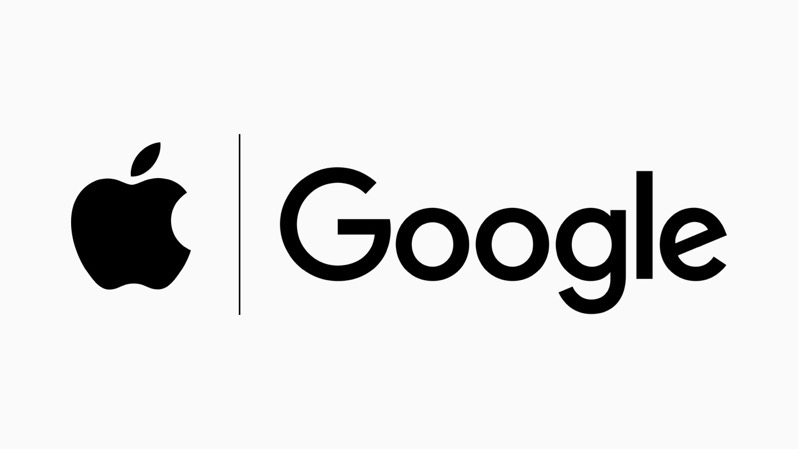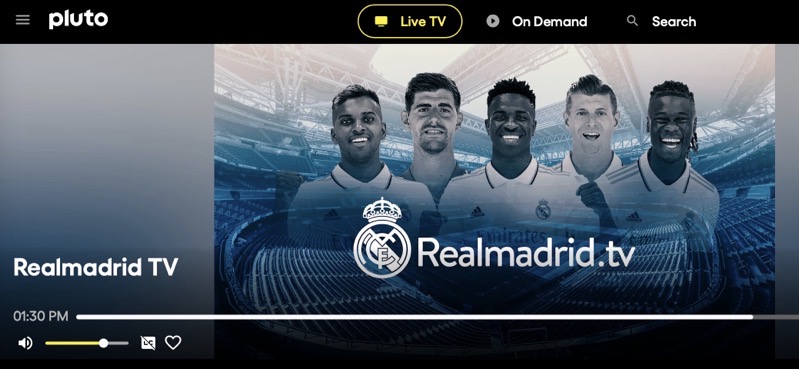
Apple and Google’s Contact-Tracing Initiative Comes With Serious Privacy Landmines to Navigate
A coronavirus contact-tracing initiative from Apple and Google has some privacy and security landmines to navigate.

Google and Apple unveiled a joint initiative Friday to develop a coronavirus smartphone “contact tracing” tool that could potentially alert people when they have crossed paths with an infected person. The move brings together the largest mobile operating systems in an effort to use smartphone location technology to track and potentially contain the global COVID-19 outbreak.
Apple and Google contended that “privacy, transparency, and consent” were top priorities in the joint initiative, addressing concerns about systems which could disclose personal data on individuals.
“Contact tracing can help slow the spread of COVID-19 and can be done without compromising user privacy,” Apple CEO Tim Cook said in a tweet.
Tracking people’s movements using their smartphones, while a temptingly powerful tool for containing the coronavirus comes with privacy concerns and fears regarding how the data might be misused.
The companies are prioritizing privacy by making sure “that this information about who your contacts are, who you’ve been near, cannot be accessed for any other purposes, cannot be touched either by the companies themselves while they’re sharing this information, or by any outsiders,” Josephine Wolff, an assistant professor of cybersecurity policy at Tufts University, told CNBC.
Woldd explained that the reason for collecting personal information needs to be very clear so people can see the benefits and costs. At the moment, the data being shared is obviously for a public health reason, but worries remain that these kind of technologies can potentially be used in other areas, like law enforcement.
“That’s going to be the really important question in sort of how do we limit this use of information so it doesn’t turn into a mass invasion of privacy long term,” she said.
Despite the concerns, there have been encouraging signs from governments and companies limiting the use of the collected information. Some governments have put time limits on how long authorities can access the data, while some private companies proactively putting in place the protection so that there’s no way for them, or for government actors, to know the individual people whom the location data is tied to, Wolff said.
Many contact tracing tools, like Singapore’s TraceTogether app, for example, are designed to be opt-in for “individuals who feel like this is information they want about their contacts, this is information they want to share about their location, and that leaves some sort of personal choice up to the users themselves,” she added.

